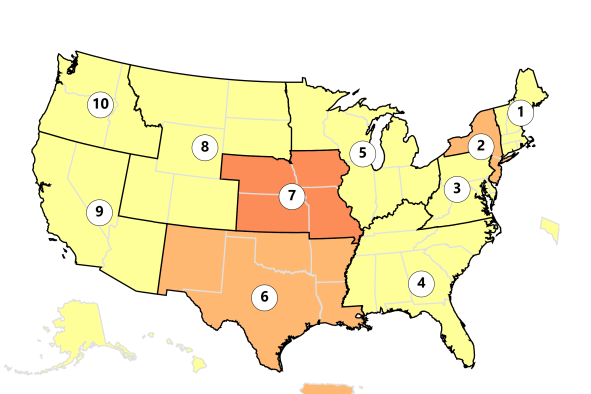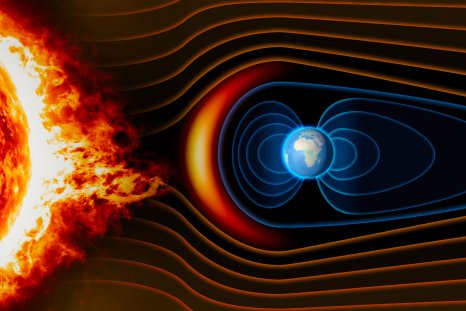Arizona's state capital Phoenix had a record-breaking hot summer, with 113 days in a row when temperatures soared over 100 degrees F.
This smashes the previous record set in 1993, with a much lower 76 consecutive 100-degree days.
Additionally, data from the National Oceanic and Atmospheric Administration (NOAA) reveals that Phoenix hit an average temperature of 98.9 degrees F between June and August, beating the previous record set in 2023 by two degrees.
The consecutive streak ended on September 18, NWS Phoenix announced. In total, there have been 120 days where temperatures have exceeded 100 degrees, however, this is not the most 100-degree days that Phoenix has ever seen in total during a single year, as 2020 still holds the record at 145 days.
"Overall there has been 120 days so far this year of 100+°F days in Phoenix, which is 8th most in a calendar year. The record is at 145 days set in 2020. Thus, there will need to be 26 more days of 100+°F this year to set a record. The latest 100+°F day is October 27th," the NWS Phoenix said in a post to X, formerly Twitter.
The city did have a record number of days that hit 110 degrees or higher, however. The previous record of 55 days was set last year.
"This year, Phoenix had 61 days of 110°F or higher, which was the most days/year ever recorded for Phoenix. The stats for the last 5 years would bring the average number of days of 110°F+ to 40," AZ State Climate posted to X.
In total, 256 people died from heat-related injuries in Phoenix's Maricopa County this summer, with 393 other deaths also suspected to be linked to extreme heat, according to county records. The state has also seen an increase in wildfires, with a 60 percent jump in areas burned compared to last year.
The country as a whole saw its hottest summer ever, with several locations across the U.S. also experiencing record-breaking temperatures.
"For meteorological summer, the average temperature for the contiguous U.S. was 73.8 degrees F—2.5 degrees above average—ranking as the nation's fourth hottest summer on record. Arizona, California, Florida, Maine and New Hampshire all sizzled through their warmest summer on record," the NOAA explained in a statement.
Fort Lauderdale, Florida, Grand Junction, Colorado, and Dulles, Virginia also all saw record-breaking summer temperatures, averaging 84.6 degrees F, 80.1 degrees F, and 78.1 degrees F, respectively.
2024 was also the hottest summer on record across the entire Northern Hemisphere, hitting 2.74 degrees F above average. The warmest winter on record was also recorded in the Southern Hemisphere, at 1.73 degrees F above average.
Do you have a tip on a science story that Newsweek should be covering? Do you have a question about record temperatures? Let us know via science@newsweek.com.
Disclaimer: The copyright of this article belongs to the original author. Reposting this article is solely for the purpose of information dissemination and does not constitute any investment advice. If there is any infringement, please contact us immediately. We will make corrections or deletions as necessary. Thank you.



